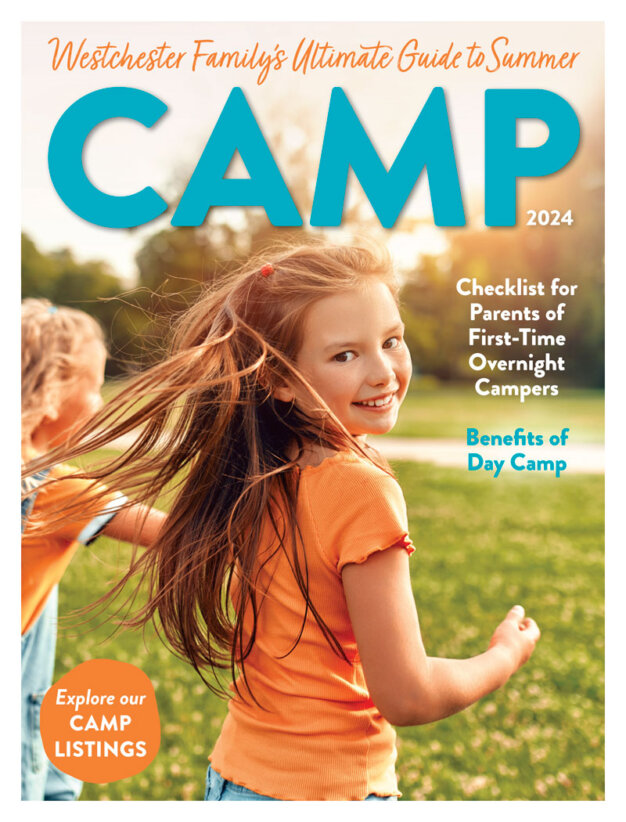1. Actively attend. Parents should attend parent-teacher conferences so they can see their student’s work, get to know his teacher and communicate with her about their child’s academic and social progress. Parents also have a wealth of information about their child they can share that may enhance the educational experience.
2.Take note. Before leaving home jot down questions or concerns based on conversations you and your child have had or observations you’ve made while watching him do homework. This adds focus and flow to the meeting and ensures your questions get answered. If only one parent can attend, ask the other parent if he has concerns that need to be addressed.
3. Assess assignments. Review any work your child has brought home that may be in question. This includes past tests and quizzes, as well as current assignments that need clarification. As items come home put them in a special file to save for these meetings.
4. Study notes. If, up to this point, you and the teacher have corresponded through notes or your child’s agenda book, review previous discussions to see if any topics need to be hashed out in further detail.
5. Check with your child. Consider asking your child if he has questions or concerns he’d like you to address with the teacher. If he seems anxious about the meeting, let him know ahead of time what you plan to discuss and reassure him you will follow up when you arrive home.
6. Include your child. If the teacher allows, consider having your child participate in conferences as this may encourage him to take ownership and responsibility in his education. It may also help if solutions to problems need to be addressed.
7.Listen and learn. During the conference the teacher will note if your child is doing well in a particular subject and address areas of concern. If there is a problem she may make a recommendation and ask for your input.
8. Share about your student. Briefly share your child’s likes, dislikes, strengths and weaknesses so your teacher can understand him better. Also let the teacher know of any stressful conditions in his life as this can affect his academic performance.
9. Hit problems head on. If the teacher addresses an academic or behavioral concern, be open to listening and working together toward a solution.
10. Note the narrative. Some teachers use forms to summarize conference discussions but you may also want to take notes to help you remember minute meeting details that can then be used to follow up with your child, his other parent and eventually the teacher.
11. Follow up with feedback. At home talk with your child about what was discussed. Start with positive comments then share any concerns you or the teacher had. Implement an action plan to address problems and remind your child everyone is working together for his benefit.
12. Touch base with the teacher. Once strategies have been employed to address concerns, follow up with the teacher within a week or two to give her an update on progress at home and ask if she’s seen any changes during class time. Continue communicating about the matter, tweaking your action plan if necessary, until you begin to see results.








